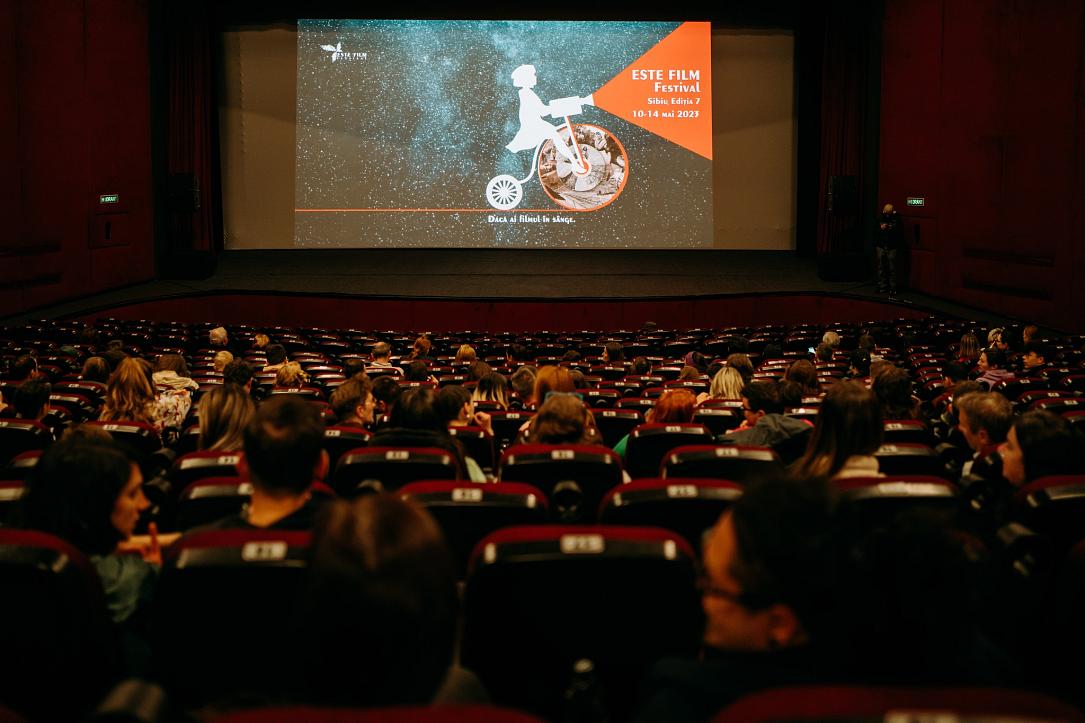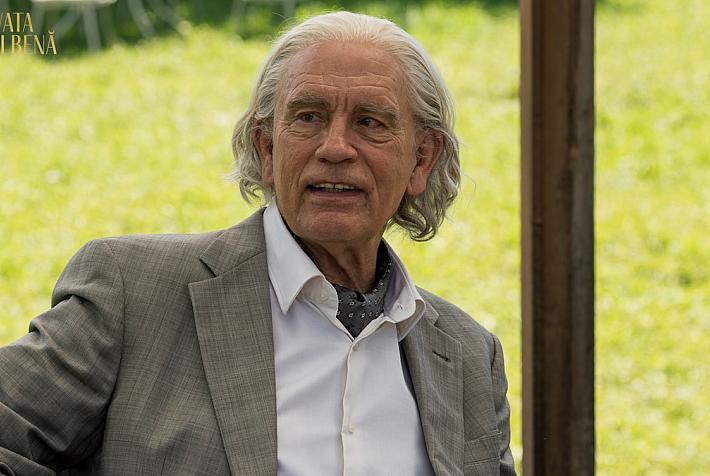Romanian Film Review - Este Film Festival: Crises & Catharsis

Sibiu's Este Film Festival returned this year between 10 and 14 May. Run by a small and dedicated team, the festival has brought much-needed arthouse films to a city in which the existing cinemas screen mostly mainstream fare.
This is no seven-year itch but a seven-year joy, as the dedication shows: the audience is loyal, the programme has become more ambitious, and the industry side has expanded, hosting the first edition of Line-Up, an international academy for festival managers, this year with the (logical) motto “How to Start a Festival’’.
European productions are the main focus of the fest that also features Romanian cinema. Remarkably, the Competition is of short films, the winner this year was Theodor Ioniță’s Eu și sora mea. The feature line-up included Bogdan Mirică's Boss, Andrei Tănase's Tiger/ Tigru, and especially Mihai Mincan's Spre nord/ To the North, one of the most gripping and oppressive films I have seen in a long time, and certainly the most singular (not only aesthetically) domestic release of the past years. The thriller is a precise and claustrophobic chamber piece as crisis engulfs a young Romanian stowaway and a Filipino crew member trying to protect him. While the ship creaks from every corner, the discussion of what is right and wrong, selfless and selfish, gets as labyrinthine as its dark underbelly.
If I had to choose just one foreign title to recommend, it would be Alice Diop's Saint Omer, without a doubt. An accomplished documentary filmmaker, Diop makes her fiction debut a tough one, both in terms of topic and approach. Based on true events, Saint Omer follows a criminal trial in the eponymous French town. The accused is a young woman originally from Senegal who murdered her one-and-a-half-year-old baby, having left her on the beach at high tide. In the audience, a young academic and novelist, herself of colour, attends the proceedings. What she is not prepared for is the violence of her reactions to the other woman's testimony. Diop avoids easy conclusions, but even so, Saint Omer is particularly adverse to providing explanations. What it does show, unmistakenly, is France's still-colonial attitude, its racism and misogyny, but also, on a universal level, the tragedy of the uprooted, the claims of (lonely) motherhood, the depth of one person‘s despair and most-inner workings, the mystery of human actions. Diop's documentarian eye makes the courtroom seem even more 'realistic', while her spare approach reminded me of Robert Bresson's austere yet deeply spiritual films. When feelings finally erupt at the end, completely unexpectedly, it is not only the characters weeping. What an unforgettable achievement Saint Omer is, classical catharsis.
Easy solutions are also missing from Dominik Moll’s The Night of the Twelfth, an excellent police procedure drama, bleak and arresting, about a young woman’s brutal murder. The case turns into true haunting for the police team and ultimately the audience. Between these two and To the North, kudos to the Este selection team for picking three of the best films of the year and – I mean it as a compliment – most uncomfortable.
By Ioana Moldovan, film columnist: ioana.moldovan@romania-insider.com
Picture info & credit: Este Film Festival on Facebook, © TheMoonLight











